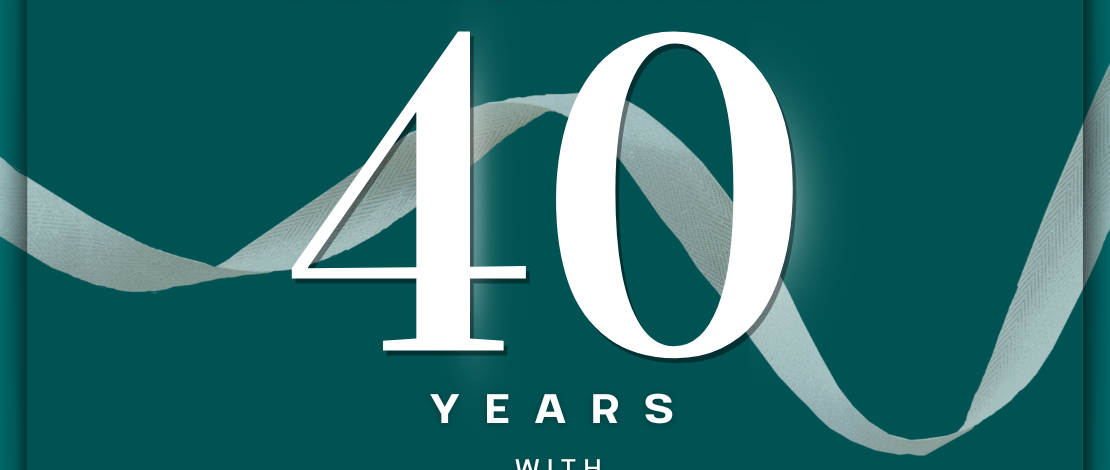For decades, HR was seen as an administrative function, responsible for payroll, compliance, and hiring. Today, HR is a key driver of organization success, sustaining everything from organization culture to leadership effectiveness.
The most successful organizations understand that HR isn’t just about policies—it’s about strategy. The best HR professionals don’t just support leadership—they sustain it.
As we celebrate 40 years of HR Answers, we’re exploring how HR professionals can elevate their influence, coach leaders to success, and align people strategy with organization goals.
HR as a Strategic Partner – Not Just a Support Function
Gone are the days when HR’s role was simply to enforce rules and process paperwork. Today, HR is a organization driver, ensuring that people strategy aligns with organization objectives.
What does this mean for HR professionals?
- HR must understand organization strategy—not just HR best practices.
- People strategy should be embedded in leadership decisions, not an afterthought.
- HR should use data to make the case for change—demonstrating how hiring, engagement, and retention impact revenue, productivity, and innovation.
- HR leaders must have a seat at the table, influencing executive decisions.
Example: Companies that prioritize employee engagement see higher profitability and lower turnover. HR professionals who can connect people strategy to organization outcomes gain credibility as strategic advisors.
The takeaway? If leadership doesn’t see HR as strategic, HR professionals must step up and show their value.
Coaching Leaders: Helping Managers Become Great Leaders
An organization’s success is largely dependent on the strength of its leadership. HR plays a critical role in sustaining leaders—helping them become better communicators, decision-makers, and culture-builders.
How HR can coach leaders effectively:
- Teach managers how to have meaningful performance conversations.
- Help executives understand the connection between culture and organization success.
- Train leaders in emotional intelligence (EQ) to improve decision-making.
- Encourage a coaching mindset – where leaders develop employees rather than simply manage them.
HR isn’t just about policies—it’s about leadership development. Strong HR teams create stronger, more people-focused leaders.
HR’s Role in Building a People-First Organization Strategy
Organizations don’t succeed because of products or services alone—they succeed because of people. HR leaders who understand this help their organizations grow faster, retain top talent, and foster innovation.
Key ways HR sustains organization success:
- Ensuring the right people are in the right roles—hiring strategically, not just filling positions.
- Using workforce analytics to make smarter organization decisions.
- Helping organizations retain top talent by investing in leadership and culture.
- Aligning HR initiatives with financial and operational goals.
Example: Studies show that companies with strong HR strategies outperform their competitors in revenue growth, innovation, and employee retention.
The takeaway? HR isn’t just about managing employees—it’s about creating an organization that employees want to stay in and grow with.
The Power of Influence: HR as a Change Leader
One of the most underestimated superpowers of HR is its ability to influence organizational change. Whether it’s driving DEI initiatives, shifting organization culture, or helping leadership navigate change, HR is often the first to recognize when something needs to evolve.
How HR can lead change effectively:
- Anticipate workplace trends and prepare leadership for shifts in employee expectations.
- Encourage leadership to embrace adaptability and innovation.
- Communicate the why behind change to ensure employee buy-in.
- Help teams navigate transitions smoothly, from mergers to restructures to new ways of working.
HR’s ability to influence leadership determines how well organizations adapt and thrive.
HR’s Role in Shaping Workplace Culture
Culture isn’t defined by a mission statement—it’s defined by how people feel at work every day. HR professionals are the keepers of organization culture, ensuring that leaders, policies, and practices align with organization values.
How HR sustains a strong workplace culture:
- Hiring for cultural fit and cultural contribution.
- Holding leaders accountable for maintaining a positive work environment.
- Building policies that reinforce—not contradict—the organization’s core values.
- Ensuring employees have a voice in shaping workplace culture.
The best HR professionals don’t just maintain culture—they evolve it to meet the needs of employees and the organization.
HR’s Leadership Playbook for the Future
The role of HR is changing, and the most successful HR professionals will:
- Move beyond compliance and be strategic organizational partners.
- Coach leaders to build high performing, engaged teams.
- Use HR analytics to drive organization decisions.
- Lead change initiatives that improve workplace culture and retention.
- Ensure leadership sees HR as a driver of organization success.
The future of HR isn’t about enforcing policies—it’s about sustaining leadership, culture, and long-term organization strategy.
What’s Next?
At HR Answers, we’ve spent 40 years helping HR professionals and organization leaders work together to create successful, people-first organizations. And we’re just getting started.
Join us next month for: 40 Years Forward – HR Answers’ Commitment to the Future—where we’ll discuss how HR Answers is preparing for the future of work, supporting HR leaders, and continuing our mission of shaping better workplaces.
Because when HR leads effectively, organizations thrive.

